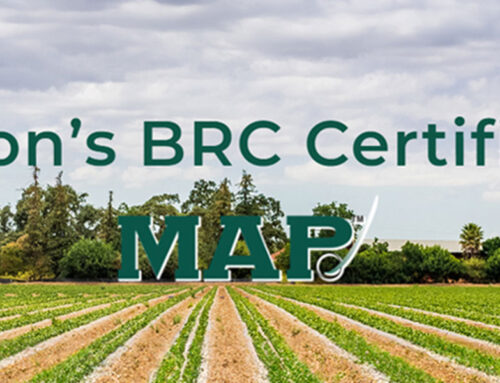An Environmentally Friendly and Economical Way to Eat Fruit
In the pursuit of a healthy lifestyle, many individuals grapple with the question of whether frozen fruits can be a valuable component of a balanced diet. With convenience playing a pivotal role in modern dietary choices, understanding the nutritional profile of frozen fruits is essential. This blog post aims to shed light on the benefits of incorporating frozen fruits into your diet.
Nutrient Retention
Contrary to common misconceptions, frozen fruits often retain a substantial amount of their nutrients. The freezing process helps preserve vitamins and minerals, ensuring that the fruits remain a rich source of essential nutrients even after storage. Research shows that frozen fruits can retain as much, if not more, of their nutritional value compared to fresh counterparts.
Year-Round Availability
Frozen fruits offer the advantage of year-round availability, overcoming seasonal limitations. This accessibility enables individuals to maintain a diverse and nutritious diet throughout the year, contributing to overall health and well-being.
Convenience without Compromise
In today’s fast-paced world, convenience often dictates dietary choices. Frozen fruits provide a convenient and time-saving alternative without compromising nutritional quality. A study published in the International Journal of Food Sciences and Nutrition supports the notion that frozen fruits can be a practical solution for individuals with hectic lifestyles.
Saves Money
Frozen vegetables are your secret weapon for healthy eating on a budget. They’re typically much cheaper than their fresh counterparts, and they also pack in just as many nutrients thanks to the flash-freezing process. This quick freezing method locks in vitamins and minerals at peak freshness, so you get a nutritious boost for your buck.
Better for the Environment
Unlike fresh produce that can wilt and spoil, frozen veggies boast a longer shelf life, meaning less food waste ends up in the landfill. This translates to a lighter environmental footprint –– a win for your wallet and the planet!
Conclusion
In conclusion, frozen fruits are an environmentally friendly and economical way to have a healthy and balanced diet. The nutrient retention, year-round availability, and convenience they offer make them a viable alternative to fresh fruits. By being mindful of added sugars and selecting high-quality frozen fruit products, individuals can enjoy the health benefits and delicious flavors of frozen fruits!







